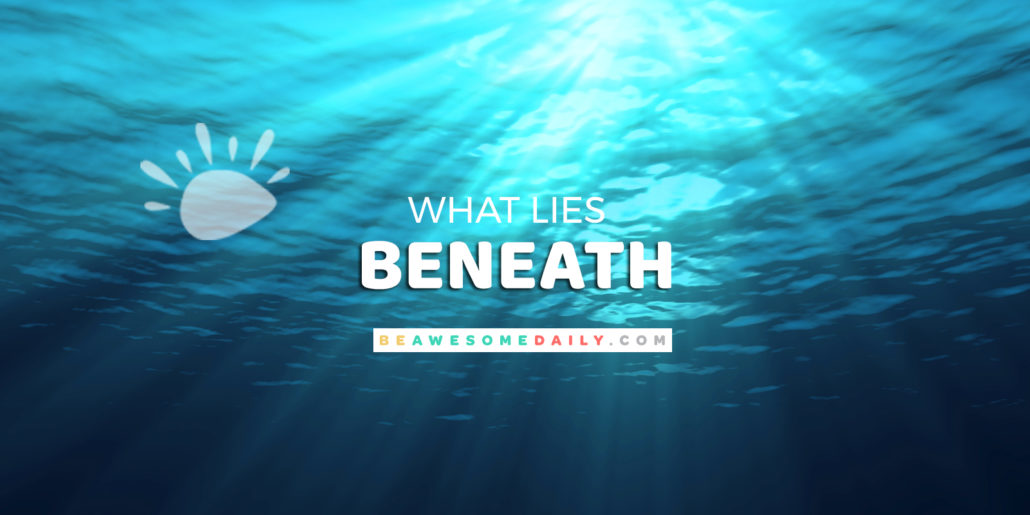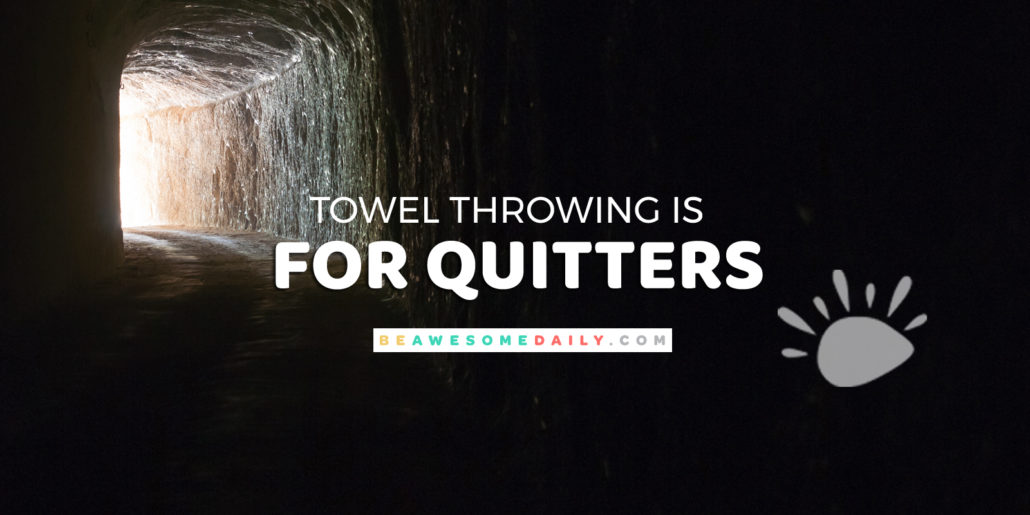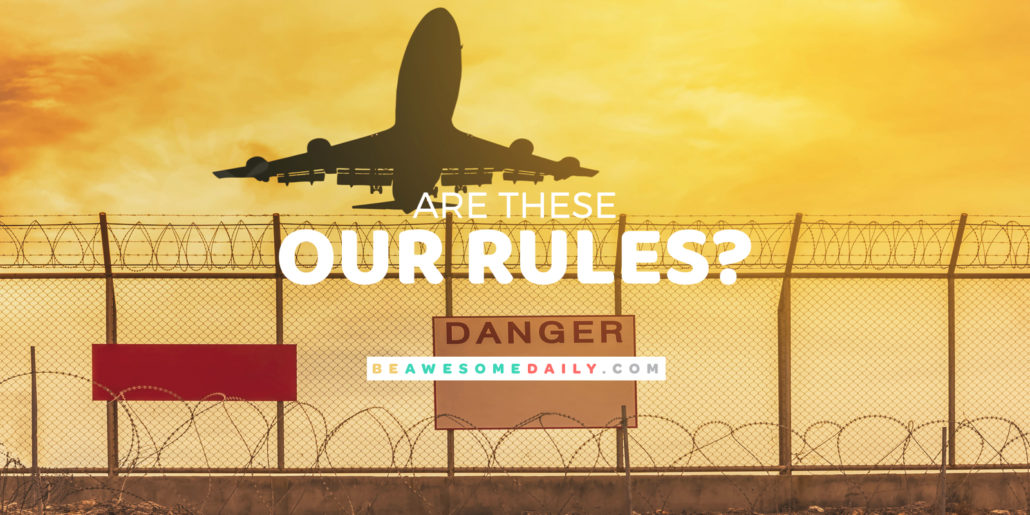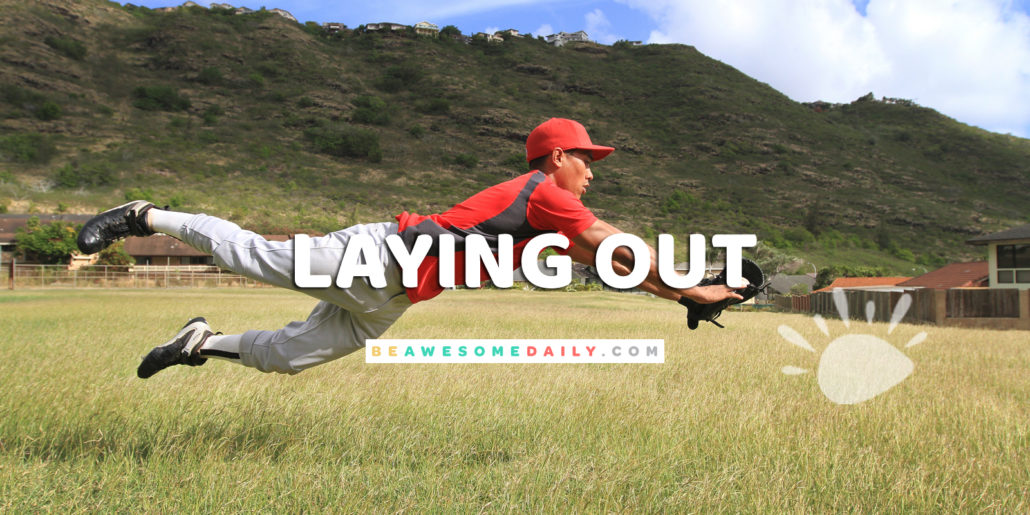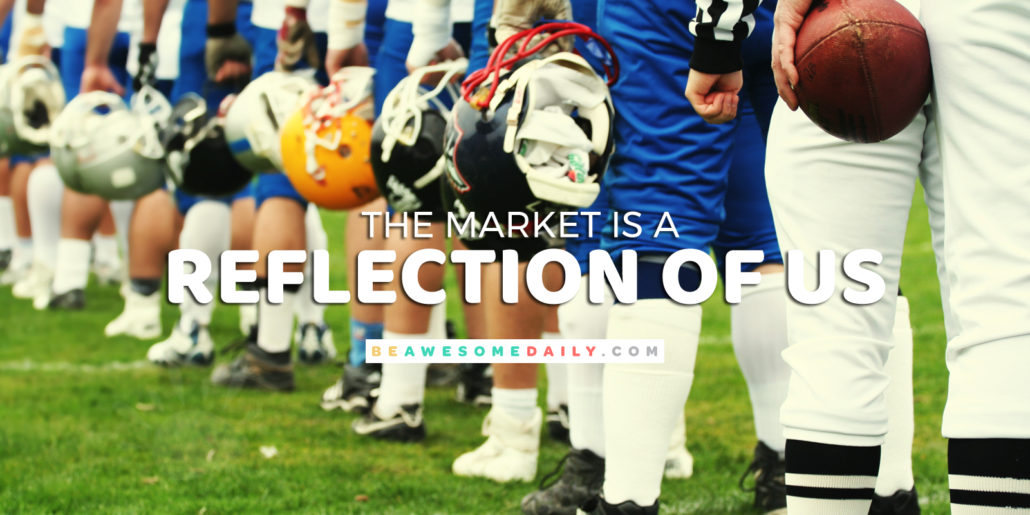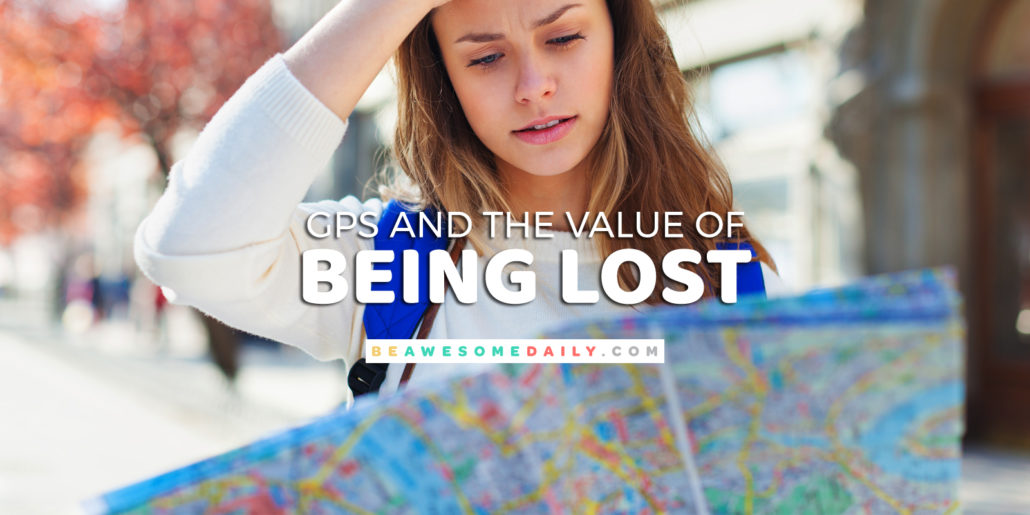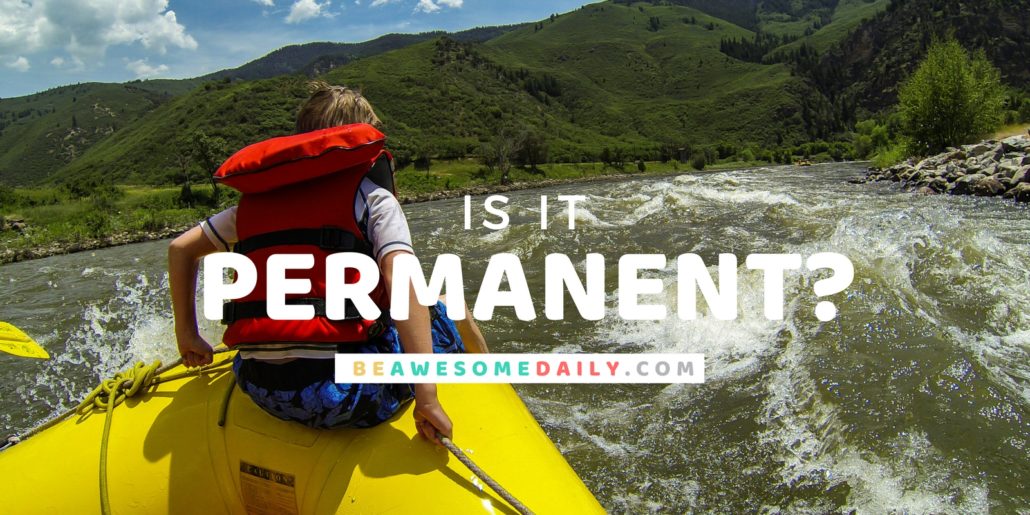And other Hidden Secrets
The surface. What does it tell you about a structure? For example, the axiom “Don’t judge a book by its cover,” suggests that what’s inside matters more than what is on the outside.
And yet.
We spend most of the time we share with others avoiding depth.
I had a conversation with a dear dear friend the other day. It was safe, so we shared deep. We were talking about a change we want to see in the community, and in that dialogue, she said, “We won’t go this deep in the discussion, but we can talk about it on the surface levels.” I nodded in agreement, and yet, my deeper self asked “Why?”
The Case Against Depth
I get it, we can’t engage 100% of the time with 100% of the people on a deeper level. Because…. that would make people uncomfortable. Right? Could we maybe try for 1% to start?
Yes, we’re all uncomfortable about being put in uncomfortable situations, we avoid them…. but eventually,
It all comes to the surface.
I have been plagued by this challenge for as long as I can remember. I know, it’s idealistic, not everyone wants to be honest, up front, direct. That’s not how it’s done in this world, Chrissanne. Come back to reality.
But isn’t that what seems to be the biggest problem we’re dealing with today? We crave leaders that we can trust, but we won’t tell them we disagree with them, until it is something we feel personally about, and we still want objectivity, neutrality, justice, fairness, impartiality — unless it’s our personal agenda?
Special Agendas Abound.
This is NOT a political post, but I understand that it spills into that arena, and this challenges our safe zones. We want to be protected by our right to our opinion, and yet, we only share that opinion when something violates our own personal beliefs, and not sharing it means we’re not standing up for something we feel strongly about. Why do we need to feel strongly about what’s right? Isn’t that worth standing up for? Simply because it’s the right thing to do?
Step into my Utopian “pretend” world and imagine (just for a minute — you can go back to the other way in just a second). What challenges wouldn’t we be dealing with if we were able to be direct and straightforward about what lies beneath, instead of chatting about the weather, or how the Bucs are doing this season, and what the chances are of the Cubs going back to back again in the World Series this year?
Don’t get me wrong, I am not suggesting that all we talk about is the deeper stuff, I am just suggesting that we stop avoiding it.
We need to fix the economy, education, social unrest, prejudice, inequality, violence, mental illness, terrorism.
This isn’t something our “elected officials” can do on their own.
This isn’t just the responsibility of a chosen few.
This requires that we start leaning in. Having real conversations at the dinner table — heck are we even having dinner at the dinner table enough anymore? No worries, if there’s not a dinner table in your life today, but let’s just start talking — and listening. Maybe more listening first.
When is the last time you reached out to someone who disagrees with you and asked them to share their position? What brings them to this place? What makes them believe what they believe? It’s not about changing your mind. It’s about understanding theirs.
And, if we offer this beautiful gift to those in our circles, maybe we can ignite that in their circles. And eventually, we’re having conversations about the things that matter. Ripples, ya know?!
Aw, come on that’s such a buzz kill, Chrissanne.
Yes, this isn’t fun. It’s not easy. It’s not even realistic at this point, but hey, this is my post, and I was dreaming for a minute.
I read a post today about a fellow altMBA alumnus being an Impresario, in which someone pointed out that his gift at connecting people is who he is. I related with this so much, and realized that we have to give ourselves permission to reach beyond the limitations of what we perceive we’re “supposed to do” and stop waiting to be invited. We have to invite ourselves. And, that is precisely why I am writing this post today.
It’s risky. You might not like it. You might not agree. But that isn’t what matters most. Today, I am acknowledging that what lies beneath the surface of the conversations is what matters the most.
So, what now?
Here’s a simple (not so simple) challenge — in the next 24 hours, talk to someone about something — anything uncomfortable. Don’t skirt away from the conversation, just this once. It might not work — but, then again….

